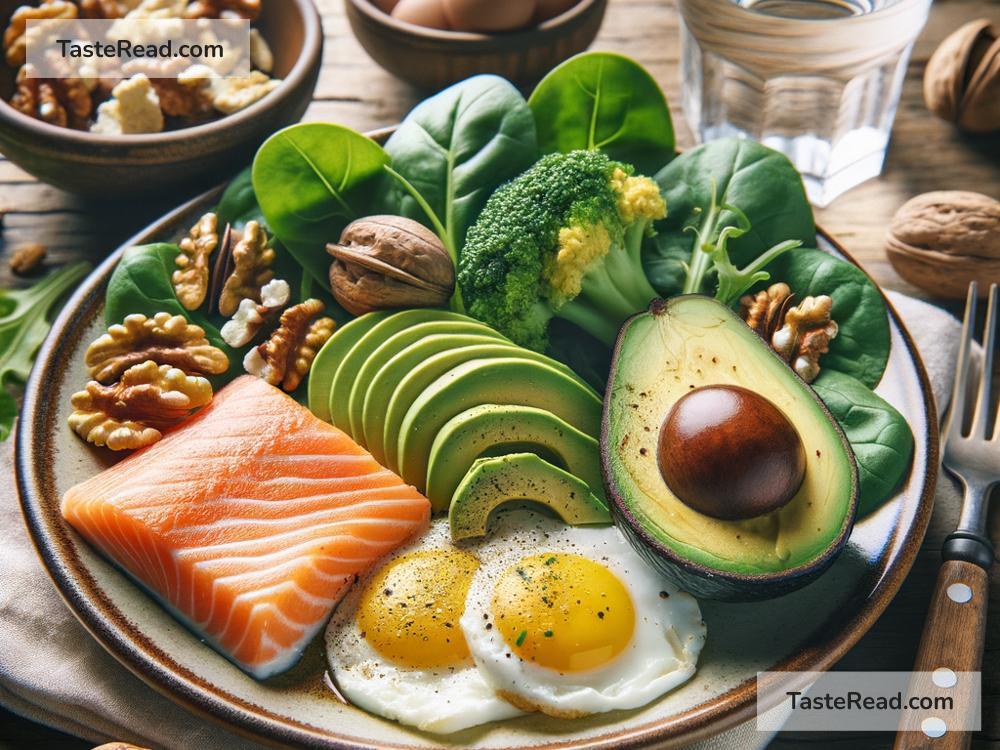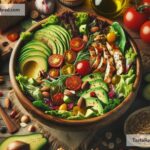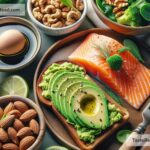The Impact of Dietary Cholesterol on Health: Separating Fact from Fiction
If you’ve heard people talk about health and diet, you’ve probably come across the topic of cholesterol. For years, cholesterol has been a buzzword in conversations about heart disease, healthy eating, and overall wellness. But what is cholesterol really, and how does the cholesterol in your food—called dietary cholesterol—affect your health? In this article, we’ll break down the science in simple terms to help you understand the truth about dietary cholesterol and its impact on your body.
What Is Cholesterol?
Cholesterol is a waxy, fat-like substance found in your body and in certain foods. Your body actually makes cholesterol on its own, because it needs it to function properly. Cholesterol:
– Helps build cell walls.
– Plays a role in making hormones, like estrogen and testosterone.
– Is essential for producing vitamin D.
– Helps your body digest fats through bile (a substance made in the liver).
While cholesterol is needed for good health, too much cholesterol can increase your risk of heart disease. This is where things get a bit tricky, because not all cholesterol is the same.
Types of Cholesterol in Your Body
Cholesterol travels through your bloodstream in packages called lipoproteins. These are the two main types:
1. Low-density lipoprotein (LDL): Often nicknamed “bad cholesterol,” LDL can build up in your arteries, causing them to narrow and increasing your risk of heart disease and stroke.
2. High-density lipoprotein (HDL): Known as “good cholesterol,” HDL helps remove excess cholesterol from your bloodstream and carries it back to the liver. Higher levels of HDL are linked to better heart health.
When doctors measure your cholesterol levels, they look at the balance between LDL and HDL cholesterol. Keeping LDL levels low and HDL levels high is important for a healthy heart.
What Is Dietary Cholesterol?
Dietary cholesterol is the cholesterol you get from food. It’s mainly found in animal-based foods like meat, eggs, seafood, and dairy products. For a long time, experts believed that eating foods high in cholesterol would automatically raise the cholesterol levels in your blood, increasing your risk of heart disease.
As a result, dietary guidelines used to advise people to avoid high-cholesterol foods, like egg yolks or shrimp. However, recent research has changed the way we think about dietary cholesterol.
Does Dietary Cholesterol Raise Blood Cholesterol Levels?
Here’s the surprising truth: For most people, the cholesterol they eat doesn’t have a big effect on their blood cholesterol levels. In fact, your body tightly controls cholesterol levels regardless of how much dietary cholesterol you consume. When you eat more cholesterol, your liver makes less to balance it out.
Studies have shown that only a small percentage of people, called “cholesterol responders,” experience significant changes in their blood cholesterol levels after eating high-cholesterol foods. For the majority of people, dietary cholesterol has a minimal impact on LDL cholesterol—and may even slightly increase HDL cholesterol, which is good for your health.
Is Dietary Cholesterol Bad for Your Health?
Recent evidence suggests that dietary cholesterol is not as harmful as we once thought. In 2015, the Dietary Guidelines for Americans removed the recommendation to limit cholesterol intake to 300 milligrams per day. This decision was based on research showing that dietary cholesterol is not strongly associated with heart disease.
However, it’s important to remember that high-cholesterol foods often come with other unhealthy components. For example:
– Foods like fried chicken or cheeseburgers are not just high in cholesterol—they’re also high in saturated fats, trans fats, and calories, which can raise LDL cholesterol and promote weight gain.
– On the other hand, eggs and shellfish, which are high in dietary cholesterol, are low in saturated fats and can be part of a healthy diet when eaten in moderation.
The Bigger Picture: Fats and Overall Diet
Instead of focusing only on dietary cholesterol, experts now emphasize controlling your intake of saturated and trans fats. These types of fat have a much stronger effect on raising LDL cholesterol than dietary cholesterol does. Saturated fats are found in foods like butter, fatty cuts of meat, and full-fat dairy, while trans fats are present in many processed and fried foods.
Here’s how you can make healthy choices:
1. Include heart-healthy fats in your diet, like those from nuts, seeds, avocados, and olive oil.
2. Eat lean proteins like chicken, fish, beans, and tofu.
3. Add plenty of fruits, vegetables, and whole grains to your meals, which can help manage your cholesterol levels.
Key Takeaways
- Cholesterol is essential for your health, but too much LDL (“bad cholesterol”) can increase your risk of heart disease.
- Dietary cholesterol from food has less impact on blood cholesterol levels than previously thought for most people.
- Foods high in saturated fats and trans fats have a greater effect on raising LDL cholesterol than foods high in dietary cholesterol.
- Focus on eating a balanced diet with plenty of fruits, vegetables, whole grains, lean proteins, and healthy fats to keep your heart healthy.
In summary, you don’t need to fear foods like eggs or shrimp just because they contain dietary cholesterol. Instead, pay attention to your overall diet to make sure it’s balanced and nutrient-rich. By making smart food choices, you can enjoy your meals while keeping your heart happy and healthy.


